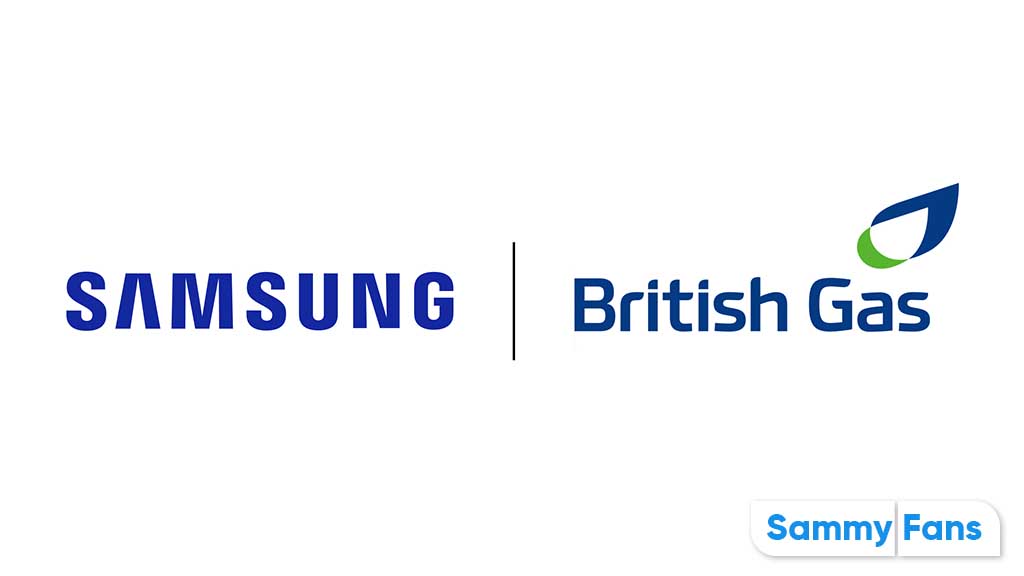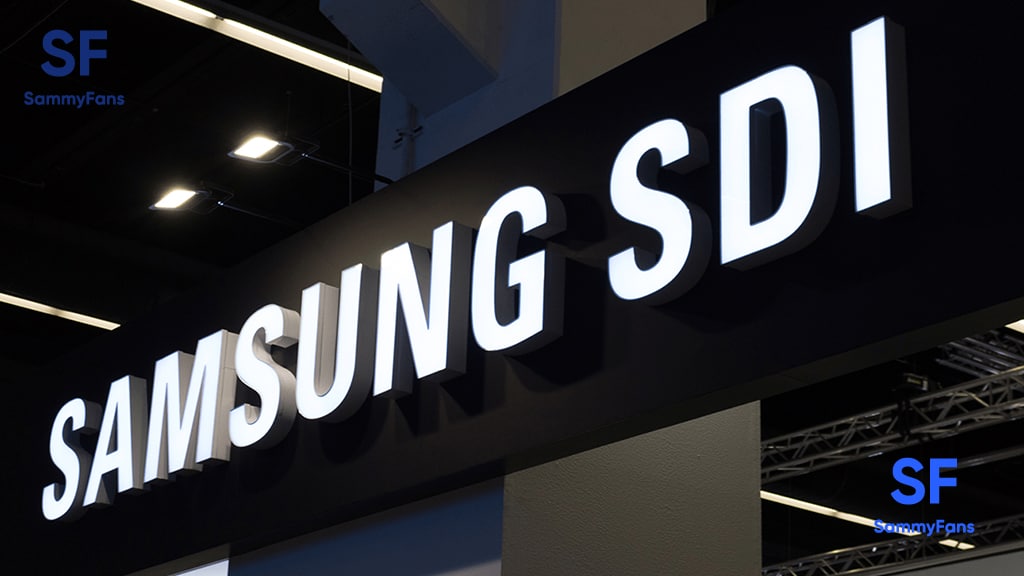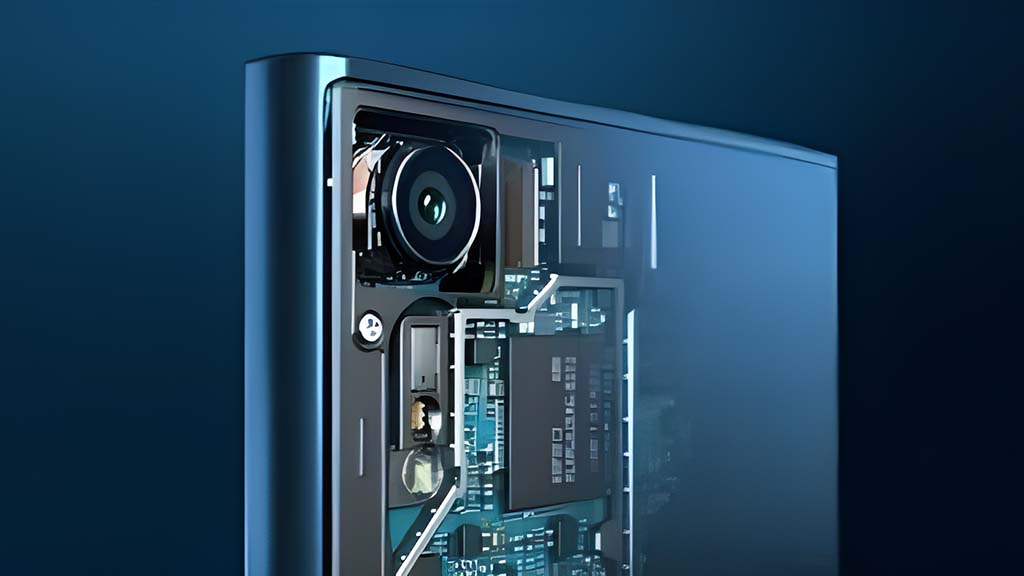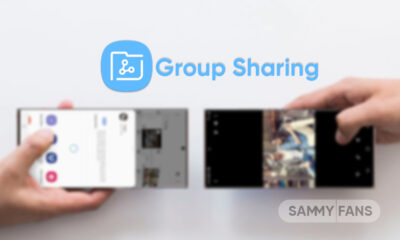News
Samsung SmartThings teams up with UK’s British Gas for reduced energy bills

Samsung SmartThings Energy is partnering with British Gas to reduce energy bills around Britain. This collaboration will enable customers to better manage their energy use in homes as well as integrate British Gas’ PeakSave incentive program.
British Gas is the UK’s leading supplier of energy and home services. The company is also focused on getting the UK to net zero by 2050 by helping customers reduce their homes’ carbon footprints with a range of energy-efficient home improvements.
Follow our socials → Google News | Telegram | X/Twitter | Facebook | WhatsApp
Integration of SmartThings Energy’s Auto Demand Response (Auto DR) feature with British Gas’ PeakSave in Great Britain is one of the core outcomes of this collab. PeakSave rewards British Gas customers for shifting their electricity usage during peak hours when electricity demand is high.
Customers can easily take advantage of the program through SmartThings Energy’s support for Auto DR, which automatically adjusts appliances’ operating modes when an event is triggered. Additionally, customers can then earn money for using less electricity during the events.
Methods for activating SmartThings Energy’s Auto DR feature:
- It can automatically turn on the AI Energy Mode in SmartThings Energy to save extra energy use in the supported appliances.
- With the power-off function, users can consume less energy from having their appliances turned off when appropriate — this includes certain third-party lights and plugs.
- Savings can also be achieved through smart temperature adjustment for EHS (Heatpump) products and third-party thermostats.

News
Samsung no longer interested in EV battery business in the US?

Samsung could shift its investment from the EV battery business in the US. The company plans to adjust its investment in ESS from EVs due to a sluggish market. The move comes after low demand for EVs, particularly bikes, and growing demand for ESS.
TheElec reports that Samsung eyeing the growing demand for ESS (energy storage systems) in the US. North America’s largest power company NextEra Energy could be awarding Samsung with a potential 1 trillion won ESS order.
Samsung is investing in converting its EV battery pack production line in Michigan, US. The electric bike battery pack line will be dismantled and converted for ESS use. The investment is expected to begin as early as the fourth quarter.
- The ESS battery pack line will be located in Factory 1, where a battery pack line for Harley-Davidson is currently in operation.
- Factory 2 primarily produces battery packs for Stellantis PHEVs, such as the Jeep Wrangler 4xe and Grand Cherokee 4xe.
The Korean tech giant is pursuing a 1 trillion won order for ESS batteries from NextEra Energy. The order is estimated to be around 5GWh. The company has started accelerating its penetration into the ESS market since last year with its Battery Box.
News
Samsung exploring sensor-shift OIS camera tech for Galaxy phones

Samsung is exploring advanced sensor-shift image stabilization (OIS) camera tech for future Galaxy phones. The company recently filed a patent application related to image stabilization technology for mobile devices in South Korea.
The latest Samsung patent suggests work on the sensor-shift image stabilization (OIS) camera is underway. However, Apple iPhone-like sensor shift camera tech is far from arriving on Samsung’s Galaxy smartphones.
The patent entitled “Actuator for optical image stabilization and camera module including the same” describes how less force is required to stabilize the sensor itself. This allows for a more precise correction of the sensor position.
The patent document shows that Samsung is continuing to develop its ideas and methods for sensor-shift image stabilization. The absence of such cameras is not a sign that the company has abandoned the idea.

Samsung has been working on sensor-shift image stabilization for years. The company aims to upgrade the Galaxy camera capabilities in the future. The sensor-shift stabilization offers a sharper image by moving the camera sensor.
Previously, patents related to sensor-shift telephoto camera surfaced. However, the Korean tech giant hasn’t commercialized the technology. The patent was published recently, but doesn’t mean we will be seeing this upgrade in the Galaxy S25 series.
The development suggests that Samsung won’t include it on Galaxies till an advanced variant evolves. As the exploration continues, sensor-shift OIS feature remains in hope for the future of Galaxy smartphone segment.
News
Samsung crafting mixed-reality smart glasses with Qualcomm, Google

Samsung officially confirmed its teaming up with Qualcomm and Google for XR devices. Now, Qualcomm CEO revealed that the company is working with Samsung and Google to develop mixed-reality smart glasses.
According to the info, Samsung is working on portable mixed-reality smart glasses in collaboration with Qualcomm. Not XR headset, the company’s first extended reality product could be smart glasses with AI for new experiences.
Qualcomm CEO Cristiano Amon shared new details about Samsung’s upcoming XR product. In an interview to CNBC, Amon confirmed the collab with Samsung will result in “a new product” that offers “new experiences.”
Beyond that, he hinted that this product will likely be a pair of XR smart glasses, not a headset. Just opposite to Apple’s approach, Samsung and Qualcomm aimed to create XR smart glasses that would be portable and easy to carry around.
“I want everyone who has a phone to go buy companion glasses to go along with it,” Amon said. “We need to reach a point where wearing smart glasses feels no different from wearing regular glasses or sunglasses. Only then can we achieve true scale,” he added.
The XR smart glasses could debut later this year, featuring artificial intelligence. Samsung and Qualcomm reportedly aiming to make XR glasses mainstream, while Google could support them with optimized software.
Following the trend, the XR smart glasses could pack on-device AI capabilities. Some AI features will run directly on the device, others on the phone, and certain tasks will require cloud processing – unlocking “a whole new set of experiences.”

Nurphoto | Nurphoto | Getty Images












